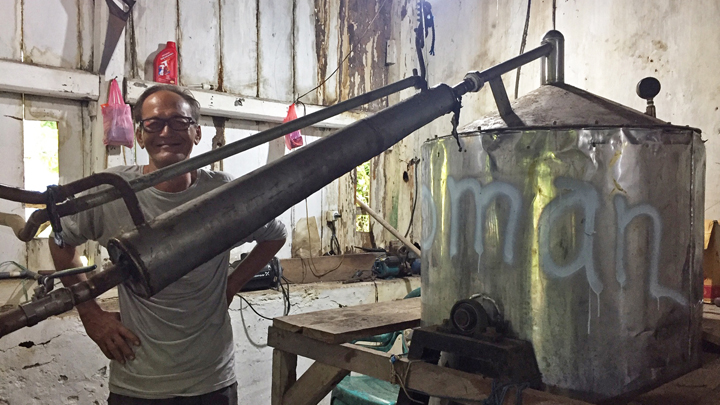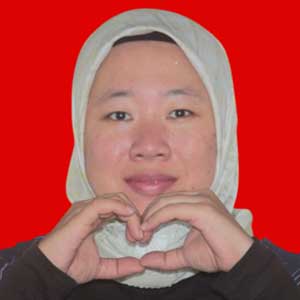The Last Perkenier of Banda Naira
Monday, December 14, 2020
arsip tempo : 1714062850100.

SOOT covered the walls of the second floor of old rickety buildings. There were holes in the floors, made out of wood and bamboo. The wood cracked when tread upon. Under the floor, two furnaces were burning. During the day, the furnaces are used for cooking. When evening falls, they are used to smoke nutmeg seeds. “This is for nutmeg drying, built in 1729,” said Pongky Erwandi van den Broeke said in mid November.
This drying facility
...
Subscribe to continue reading.
We craft news with stories.
 For the benefits of subscribing to Digital Tempo, See More
For the benefits of subscribing to Digital Tempo, See More








